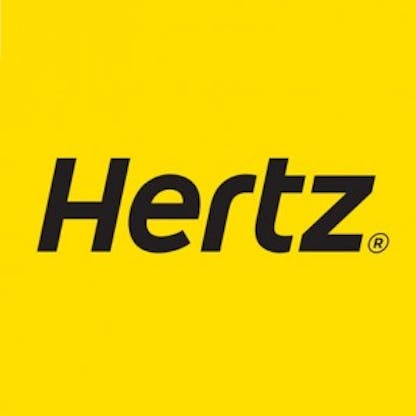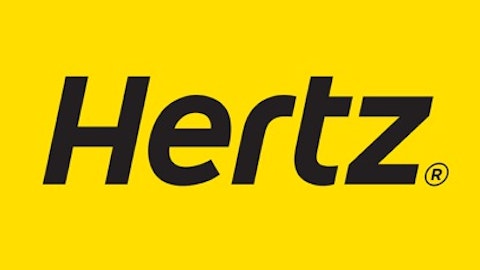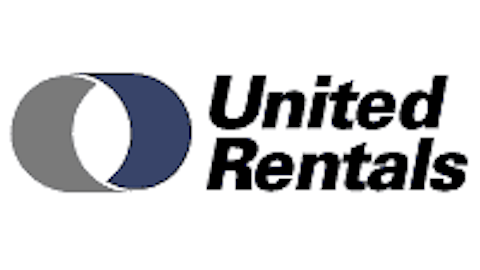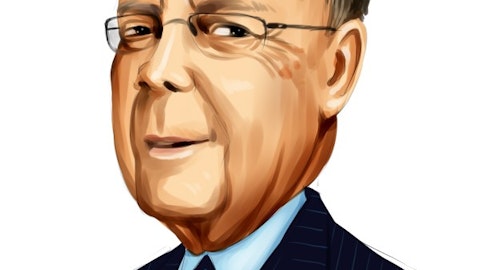Highly-leveraged companies face steep challenges if the economy falters, because debt usually becomes more expensive and impedes growth potential. Even if that’s not the case, perception plays a big role. When the broader market looks as though it might be approaching bear territory, investors want nothing to do with highly-leveraged companies. In these situations, there will be a flight to safety, such as large companies that have strong balance sheets, are well-fortified within their industry, and pay a dividend. None of the companies below match that criteria.
Of course, it’s possible that the market holds, or appreciates, and all is well and good for a considerable amount of time. But capital preservation is paramount, and there’s no need to take unnecessary risks.
A dominant player

The good news is that Hertz Global Holdings, Inc. (NYSE:HTZ) seeks an investment-grade rating by 2015. The only way this can be accomplished is if Hertz pays down debt. Hertz has a plan in place, where it aims to pay down $1.5 billion to $2 billion of debt. It plans on paying off $500 million to $600 million this year through free cash flow. Currently, Standard & Poor’s has Hertz rated at B+, which is four levels below investment-grade.
Hertz Global Holdings, Inc. (NYSE:HTZ) is on the right track, but with the broader market at all-time highs and the stock trading at a lofty 32 times earnings, it’s clearly not the safest investment.
An aggressive player
Avis Budget Group Inc. (NASDAQ:CAR) has a market cap of $3.25 billion, making it a much smaller player than Hertz Global Holdings, Inc. (NYSE:HTZ). However, Avis is looking to grow. Earlier this year, it purchased Zipcar, a car-sharing service, for $500 million. Zipcar can be found in 21 cities throughout the United States, Canada, and Europe, and eight more locations will be added this year. Avis management expects Zipcar to generate $50 million to $70 million in revenue per year.
Avis Budget Group Inc. (NASDAQ:CAR) also recently purchased Payless Car Rental for $50 million. Payless Car Rental can be found in 120 locations throughout the United States, Canada, Europe, and South America. The two big benefits of this acquisition are targeting value consumers (currently a high-growth market) and increased brand recognition for Avis.
Avis Budget Group Inc. (NASDAQ:CAR) recently reported results for the second quarter. Revenue increased 2% year over year, and North America pricing inched higher by 1%. However, FY2013 guidance disappointed. On a larger scale, Avis Budget Group Inc. (NASDAQ:CAR) has seen revenue improve over the past three years. Earnings have been very inconsistent, and the company has reported losses in three of the last five years. Avis also has a debt-to-equity ratio of 15.59. Therefore, it’s highly questionable whether or not Avis will be capable of thriving if economic conditions were to weaken.
A different kind of player
United Rentals, Inc. (NYSE:URI) is the largest equipment rental company in the world, and it has a market cap of $5.35 billion. Revenue has improved over the past two years, and though earnings have been inconsistent annually, the last two years have been profitable. Net margin is solid at 4.57%, but the stock is trading at a somewhat lofty 29 times earnings, and the company’s debt-to-equity ratio stands at 4.65. United Rentals, Inc. (NYSE:URI) is aiming to reduce its leverage, but the pace is undetermined.



